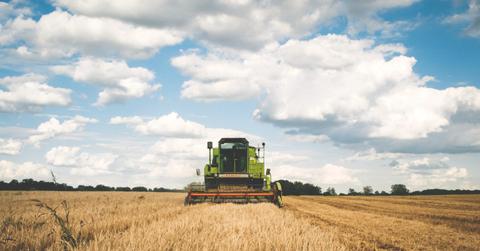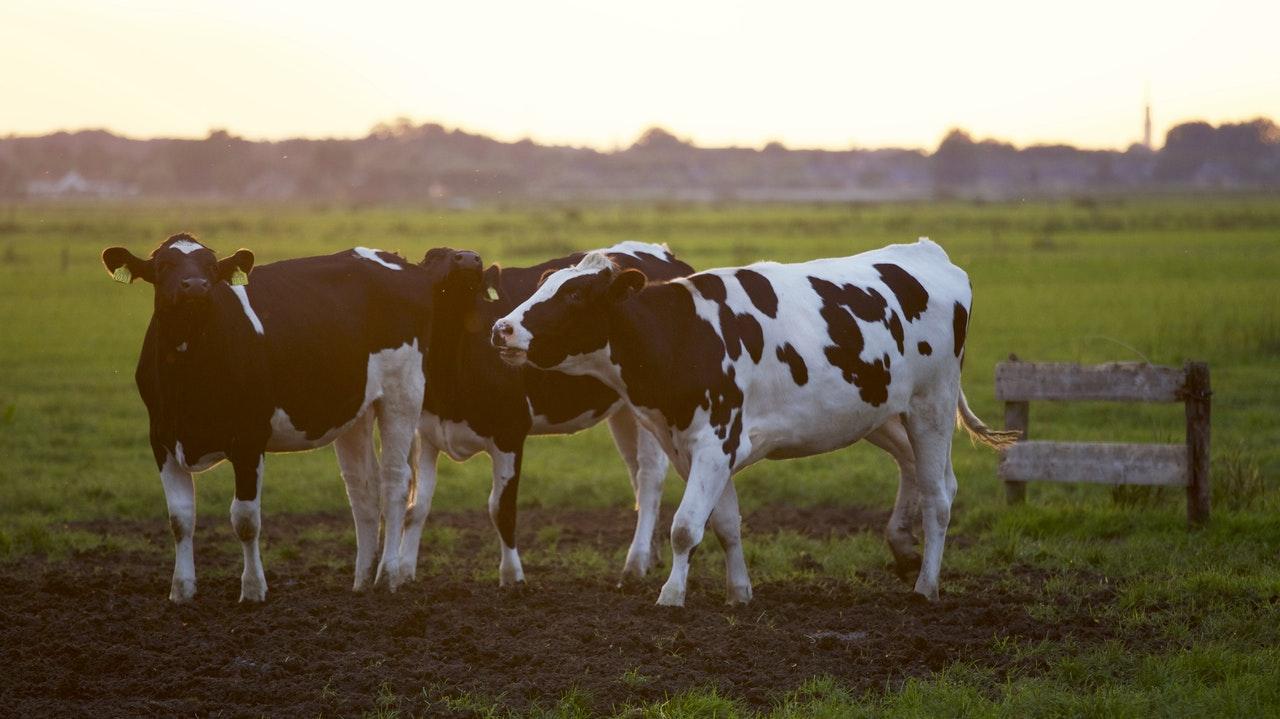This Study Shows Sustainable Farming Can Improve Productivity
Both farmers and scientists are working together for the good of the planet.
Updated May 31 2019, 3:11 p.m. ET

If you've never worked on a farm, you might imagine agriculture as being pretty dreamy. Lots of time spent in nature, long days under the sun, taking your time to do tasks around the land. Of course, if you're actually working on a farm (especially a major one), the job can be extremely taxing on your body. Now, studies are coming out that explore the relationship between more sustainable agricultural systems and the desire to increase food production.
What does this look like? Basically, how can we "intensify" farming to increase production, while keeping it sustainable for the planet and the people doing the jobs?
This study, titled "Global assessment of agricultural system redesign for sustainable intensification," which appears in the journal Nature Sustainability, is a big one. It involves researchers from around the globe, including the UK, USA, Sweden, Ethiopia, and New Zealand. They come from a total of 17 universities and research institutes.

"It has long been thought that increased food production would have to come at the expense of the agricultural environment and its biodiversity, but this paper shows that this trade-off is not inevitable and the sustainable intensification of agriculture is both possible and increasing globally," said co-author of the assessment, Professor Sue Hartley. Hartley is also the director of the York Environmental Sustainability Institute and University's Research Champion for Environmental Sustainability and Resilience.
"The use of techniques such as integrated pest management, agroforestry, and micro-irrigation is expanding and are now being practiced on 29% of farms worldwide, with the greatest advances in low and middle income countries. Our research shows this can deliver the 'win-win' of improved agricultural and environmental outcomes."

What does the study ultimately suggest? The intensification of production (in this case, specifically concerning crops) is gradually approaching a point where it can be transformative for agriculture. The idea is that eco-friendly and sustainable practices will ultimately help farming be more efficient and productive, while still being gentle for the planet.
With farmers and scientists working together to meet these goals and develop these practices, the research points in a direction of having results that are practical and accessible, too.